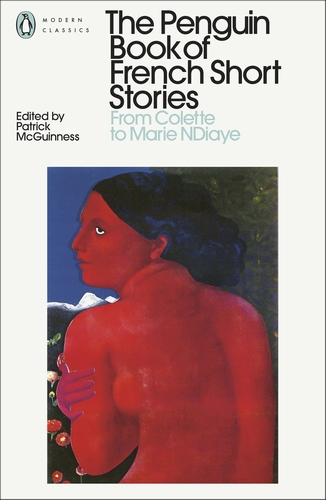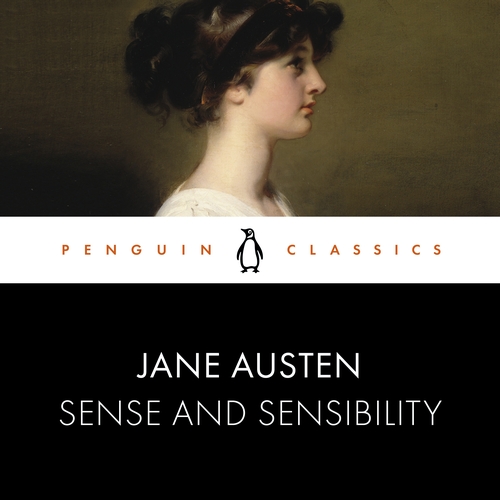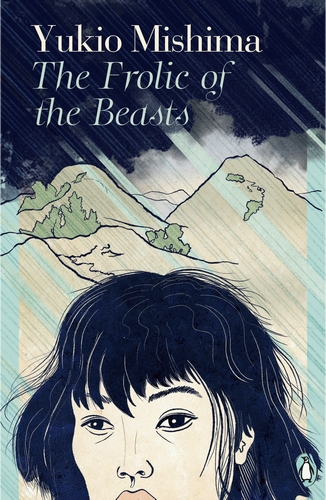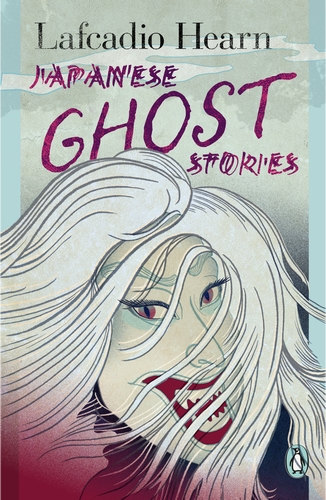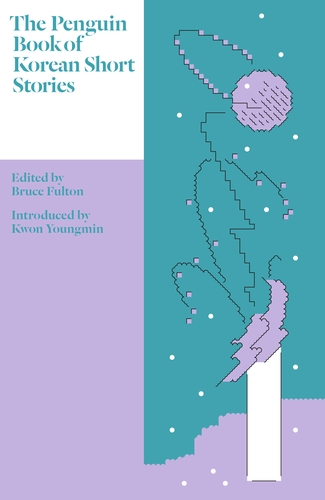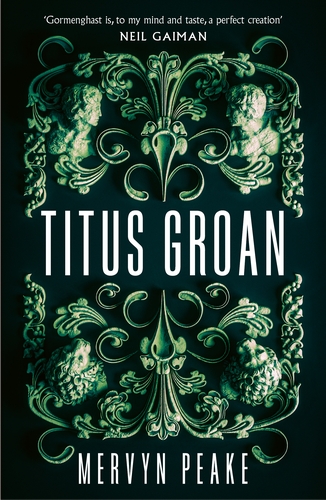Author:Peter Everett

Alfred Wallis was born in 1855 and died in a workhouse in Cornwall in 1942. A fisherman, sailing from Newlyn, Mousehole and St Ives, he began to paint in the 1920s - strange, brilliant pictures of ships and the sea. In 1928 he was discovered in St Ives by Ben Nicholson and Christopher Wood and for the rest of his life, alone in his tiny cottage, attacked by periods of madness, he painted furiously. In MATISSE'S WAR, Peter Everett explored the psyche of one of the most celebrated painters of our age. Here he performs a similar feat for another artist, one who knew no fame in his lifetime but whose paintings have found vast popularity since his death.
This is a delightful book, at once vivid, direct and modest, in which Everett has found a verbal technique precisely to match Wallis's handling of paint
—— IndependentEverett sustains the voice of the old man remarkably, creating a salty, cantankerous outcast
—— Sunday Times'Invisible Cities is perhaps his most beautiful work-the artist seems to have made peace with the tension between man's ideas of the many and the one
—— New York Review of BooksThe most beautiful of his books throws up ideas, allusions, and breathtaking imaginative insights on almost every page. Each time he returns from his travels, Marco Polo is invited by Kublai Khan to describe the cities he has visited-Although he makes Marco Polo summon up many cities for the Khan's imagination to feed on, Calvino is describing only one city in this book. Venice, that decaying heap of incomparable splendour, still stands as substantial evidence of man's ability to create something perfect out of chaos
—— Paul Bailey , Times Literary SupplementSo important for thinking about the rich layers of life around us, our frailties, how we question and how we find meaning.
—— RedOf all the Italian post-war novelists, Italo Calvino is the adventurer. He glitters, impersonal, brilliant and lasting
—— Financial TimesEvery time I read this I discover something new
—— Daniel Handler (Lemony Snicket) , Daily MailWhat elevates The Making of Henry..is the way it talks about love. That, and being funny
—— GuardianThis is brilliantly, biliously funny. It is also painfully, movingly sad...Expansive and compassionate... Sharp and hilarious, this latest novel shows Jacobson at his best
—— ObserverA story of modern love that will have readers laughing and sighing with recognition... A wry, insightful, thoroughly enjoyable tale about how men and women choose their demons and their lovers, and the sacrifices they're willing to make for both
—— Atlanta Journal-ConstitutionDelightful... Her characters are, as always, wonderfully imperfect
—— New York Review of Books